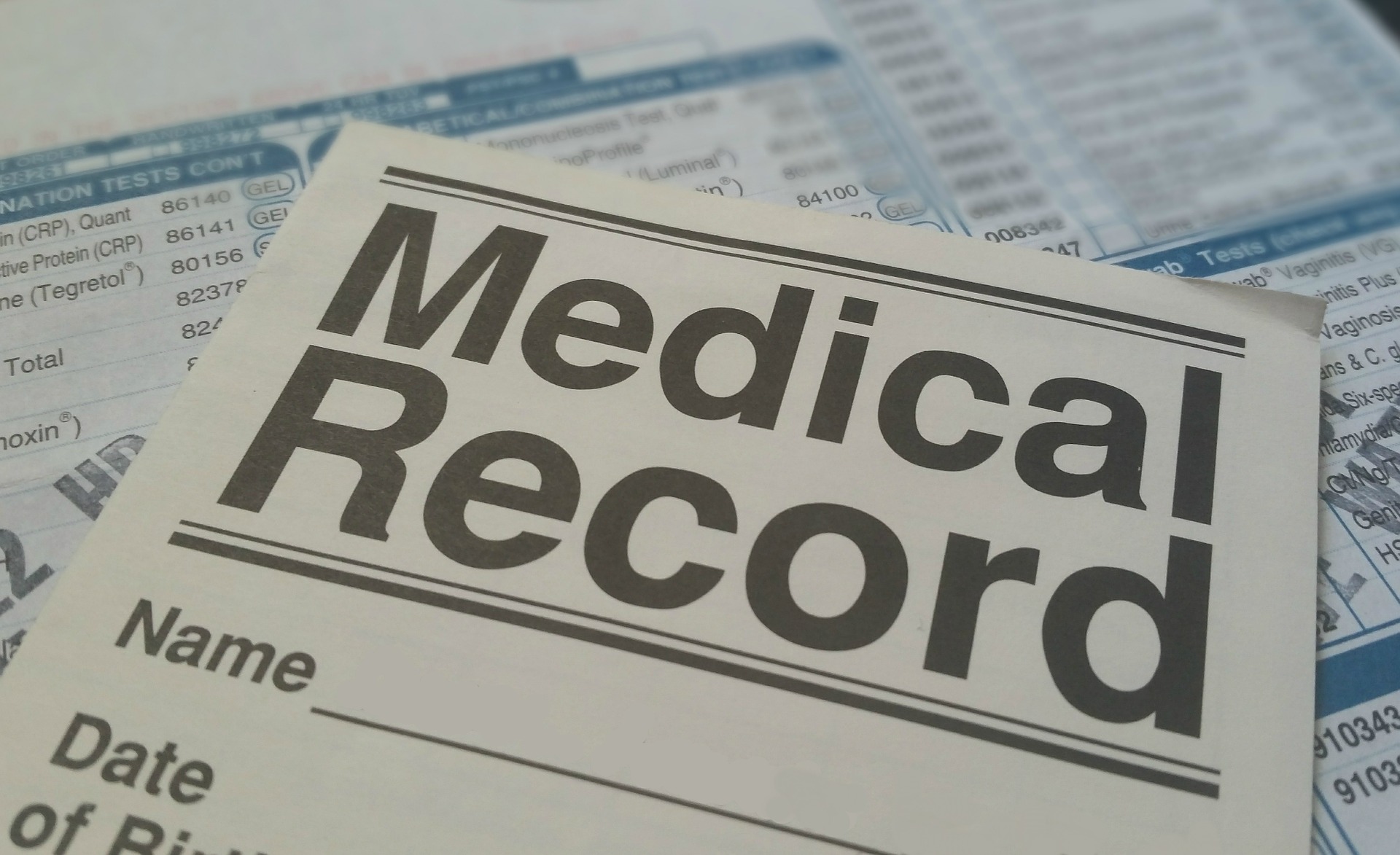Everyone hopes to live a happy and healthy life. However, that plan isn’t going to look the same for each individual person. Everyone is going to have their own health challenges and complications that can force some lifestyle changes and adjustments. Being diagnosed with a long-term illness can be a tough pill to swallow, literally and figuratively.
As you begin to process those changes to your health and lifestyle, you probably have a lot going through your head. A long-term illness doesn’t just mean complications for your health, but it will also mean a complete change to some of the things you’re able to do on your day-to-day. You’re going to need a plan for your medical care and how you will afford all your treatment plan. You’ll need to figure out your mental health and be sure you have a great team around you to help you through this period. Start by making a plan and finding a path through your long-term illness. Here are some tips and tricks to help you plan for this situation.
1. Understand your chronic illness as best you can.

Step one for coping with a chronic illness is to understand it. Of course, when you’re first diagnosed you probably have a lot of questions, especially if your disorder is rare. For example, myocarditis is a condition that deals with the inflammation of the heart muscle. The symptoms of myocarditis include shortness of breath, fatigue, and chest pain and is caused by a viral infection of your heart muscle. Without knowing about this chronic condition, you may just think you’re dealing with heart failure or another type of blood clot. Having the knowledge to identify symptoms will help you process your diagnosis and relate to doctors in a better way.
Of course, some long-term illnesses and chronic pain don’t have a simple solution or cause. Your immune system is tricky and complicated. The more you can research and understand your medical condition, the more you can learn to cope with it. From minimally invasive pain management education to research about specific viruses that can cause you harm, take the time to learn about your body and its new specifications. Understand that your body may be having some strange issues or problems you don’t fully understand as you prepare for a life with this constant companion.
2. Connect with a great team of doctors.
A long-term illness will typically require long-term care. This means you’re going to be seeing specialists, trying different treatment options, and working very closely with doctors to improve your quality of life. Be sure you have a team you can trust and rely on. This goes beyond just connecting with your doctor when you need a vaccine or going in for a yearly physical. When you’re dealing with chronic pain or a long-term diagnosis, you will be seeing your doctors on a regular basis. You are working as a team to fight many diseases and avoid complications that could lead to sudden death. Communicate with them openly and be sure they are there for you when you need it. This will make your medical treatment go smoothly and help give you peace of mind that you’re taken care of.
3. Figure out an effective living situation and lifestyle.

For some individuals, a long-term diagnosis means a dramatic change in lifestyle. Maybe your medical condition requires invasive procedures or forces you to spend a lot of time in and out of hospitals. As you get older, you may not be able to take care of your health on your own. Be realistic about what you can handle and what living situation will be most practical for you and your family members moving forward. It may be time to look into assisted living in Boonton Township, NJ or wherever you call home. While senior care may seem like a drastic step, this can ease your mind and improve your quality of life to know there are caregivers and partner providers right outside your door.
4. Address the financial elements of your healthcare.
Healthcare costs can be high for anyone, but they’re especially expensive when you’re constantly dealing with specialists and hospitals. Be sure you consult your financial planner about your current diagnosis and see how it will affect your budget. In the same vein, you’ll want to keep track of all your records and consult your insurance company for anything you may need. The last thing you want is to be trying to get better while stressing about funds.
5. Take care of your mental health as well.
A chronic diagnosis can be life-changing news. In some severe cases, side effects may completely disrupt your life. This can be hard to accept and can weigh on your mental health. Find a community that can lift you up and support you during this time. Also, consider finding a therapist who can help you deal with the mental side of healing. Finding ways to cope is just as important as healing your body.

